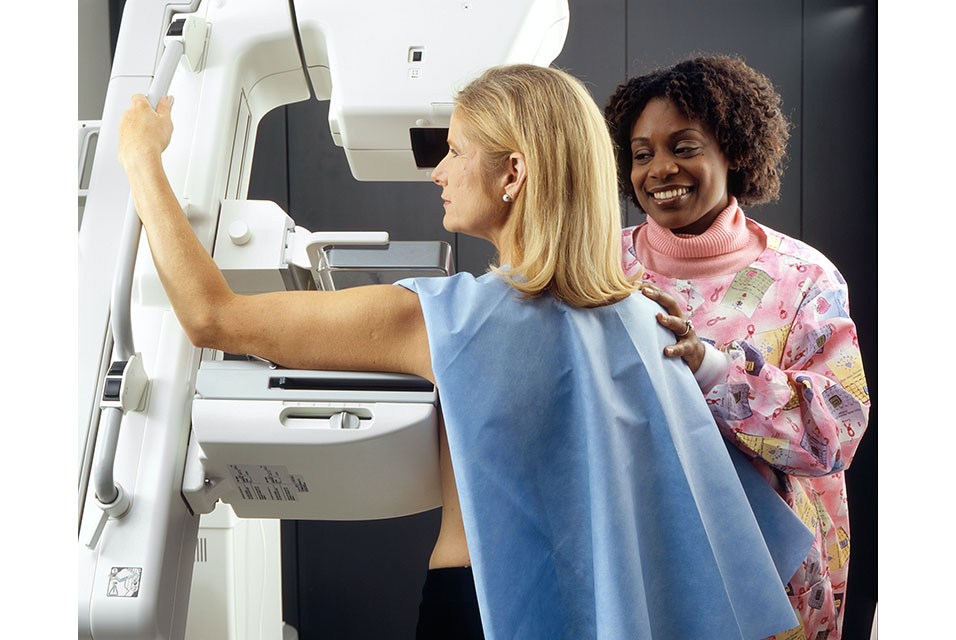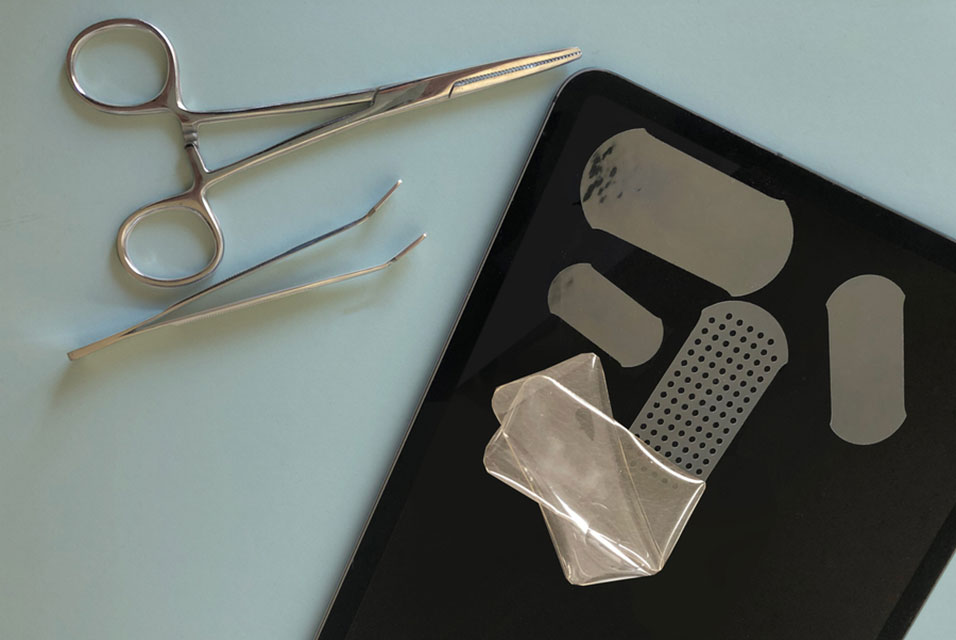CHICAGO, IL.- A new research study from
Northwestern Medicine and Google will explore whether Artificial Intelligence (AI) models can reduce the time to diagnosis for women whose mammograms show a higher likelihood of breast cancer.
The trial will evaluate if investigational AI models could help by prioritizing radiologist review of mammogram images with a higher suspicion of breast cancer.
Added worry, waiting
Digital mammography, or X-ray imaging of the breast, is the most common method to try to catch breast cancer as early as possible, with approximately 40 million exams performed each year in the U.S.
In the current system, women go to the clinic for their mammogram and then 10% to 15% of them will require an additional diagnostic workup. This can take days or even weeks and requires at least two trips to the clinic for the patient, often resulting in added worry during that period of waiting.
Same day follow up
The AI model is trained to quickly find the mammograms which need further review and prioritize these for the radiologist to review. Women whose mammograms show a higher likelihood of breast cancer might be able to be seen the same day for follow up.
This could help reduce delays in cancer diagnosis and enable more diagnostic assessment to take place during the same visit. As a result, such patients may require fewer hospital visits.
Similar or better accuracy
The new Google-funded study builds on published research in 2020 conducted at Northwestern Medicine, Google Health and the UK National Health Service, which demonstrated AI models analyzing de-identified screening mammograms showed similar or better accuracy than human experts. The prior research study was conducted retrospectively, meaning the AI was applied to a historical dataset collected and curated by medical systems in the U.S. and the United Kingdom.
“With the use of artificial intelligence, we hope to expedite the process to diagnosis of breast cancer by identifying suspicious findings on patients’ screening examinations earlier than the standard of care,” said lead investigator Dr. Sarah Friedewald, an associate professor of radiology at Northwestern University Feinberg School of Medicine. “Finding cancer earlier means it can be smaller and easier to treat. We hope this will ultimately save lives.”
“This study is the next step by applying the AI models in a prospective study to better understand how AI can be the most helpful for clinicians and patients in the real world,” said co-investigator Dr. Mozziyar Etemadi, research assistant professor of anesthesiology at Northwestern University Feinberg School of Medicine and of biomedical engineering at the McCormick School of Engineering.
Every patient who consents to participate in the study will continue to have their mammograms interpreted by a radiologist, Etemadi said, but the AI will flag and prioritize patients that may need additional imaging, facilitating the flow of care.
Etemadi and Friedewald are also Northwestern Medicine physicians and members of the Robert H. Lurie Comprehensive Cancer Center of Northwestern University.
Study participants
Participants in the study will complete a routine mammogram. Once the mammogram is complete, it will first be reviewed by the AI tool and then in the standard way by a physician. The review by the AI tool takes only a few minutes to complete and will not increase the amount of time patients would otherwise wait to have their mammograms reviewed.
The results of the AI tool may be used to help prioritize the order in which mammograms are reviewed by the physician. If the AI tool determines the patient’s mammogram shows areas suspicious for cancer, the radiologist may conduct an immediate review of the exam. If the physician agrees, patients will be offered the opportunity for a same-day test to further evaluate for the presence of cancer, if scheduling availability allows.










